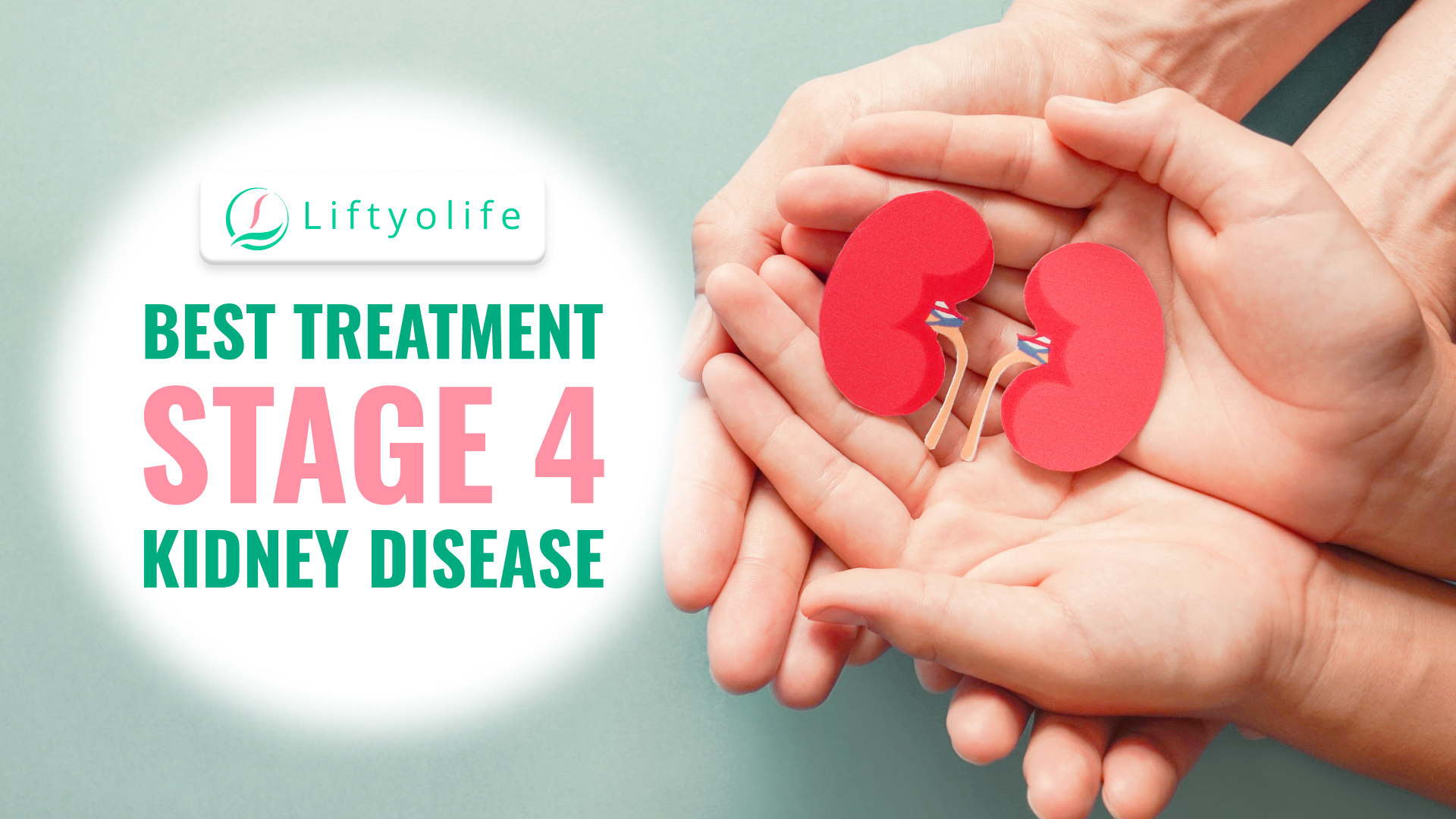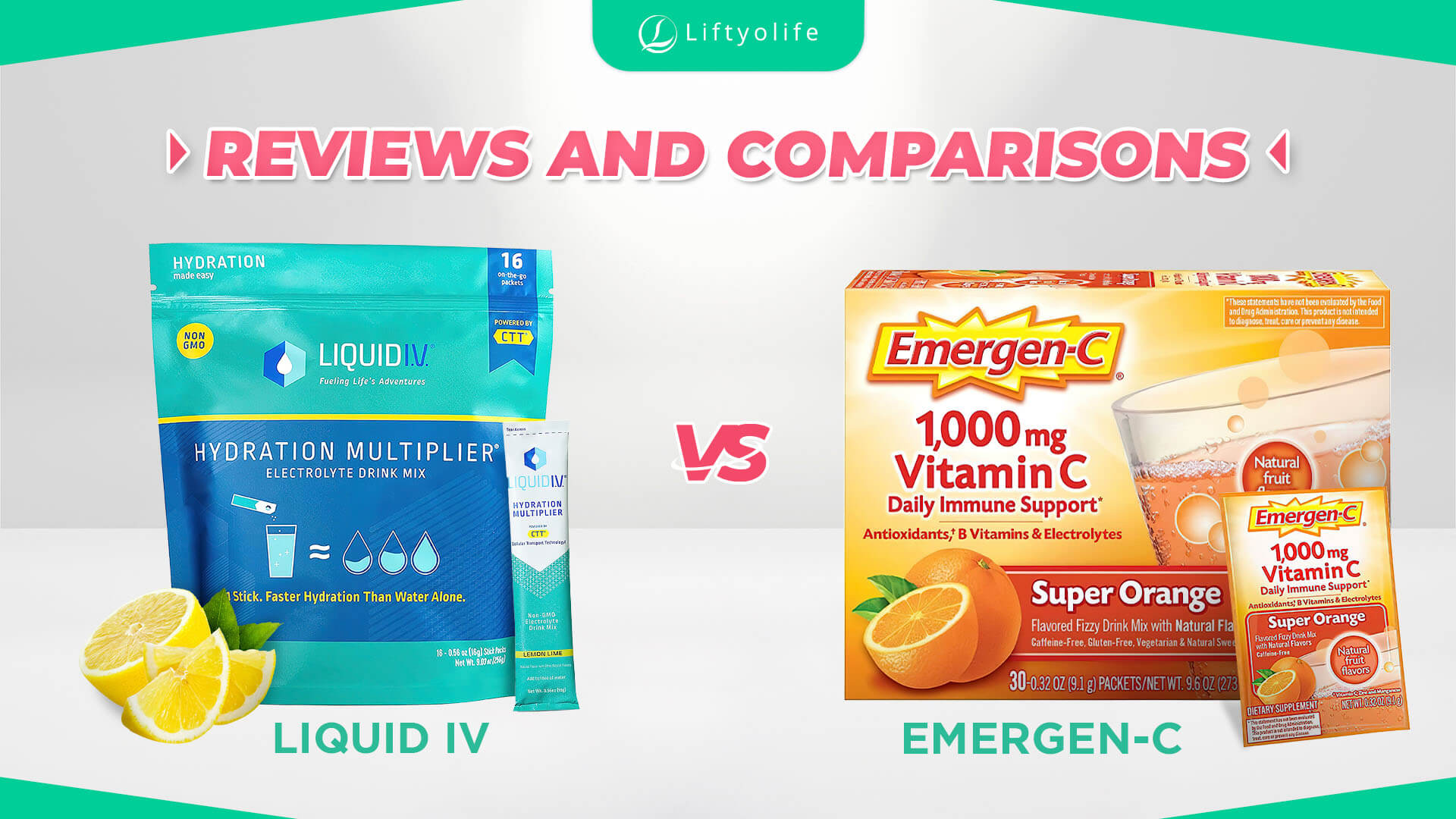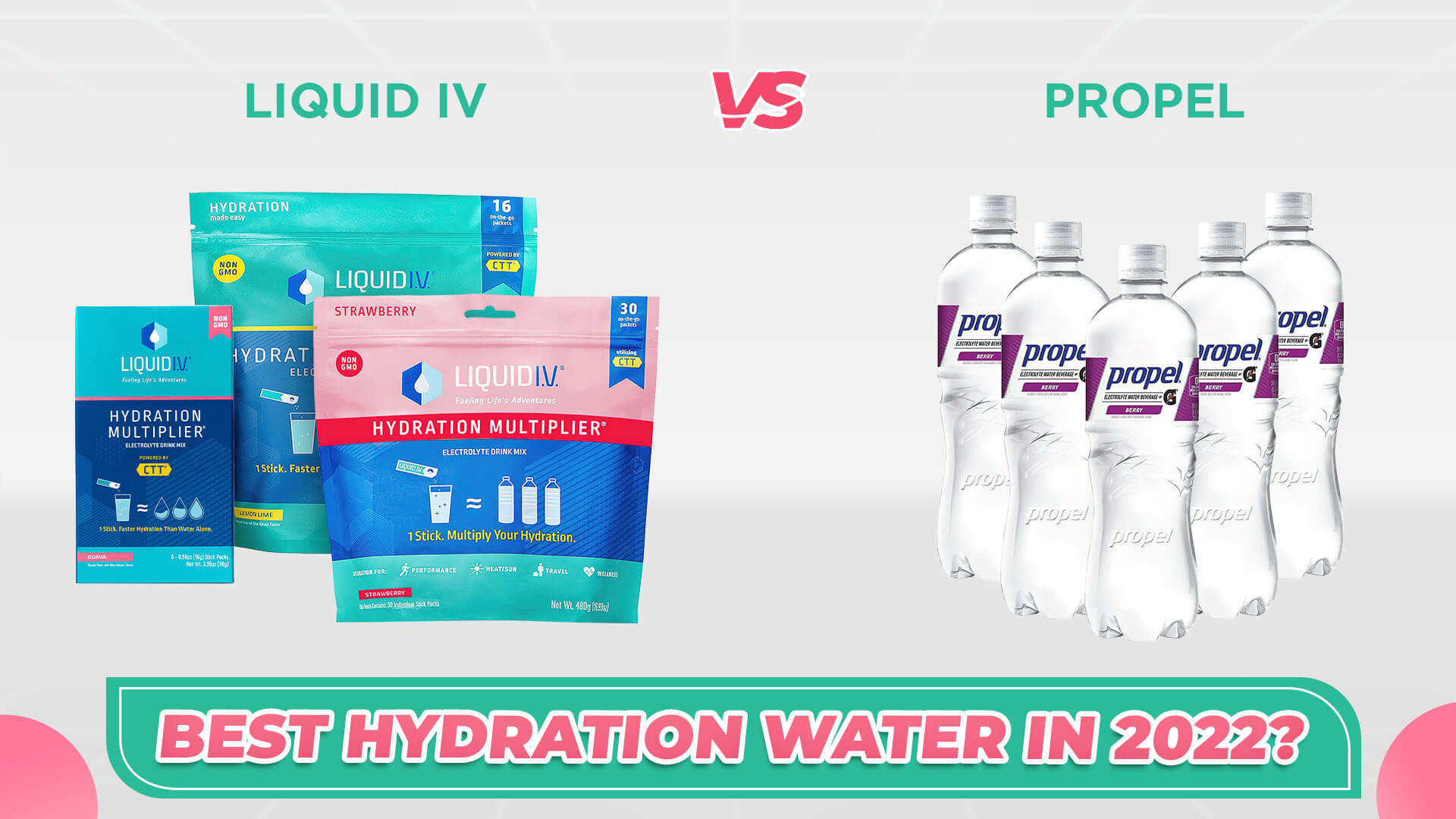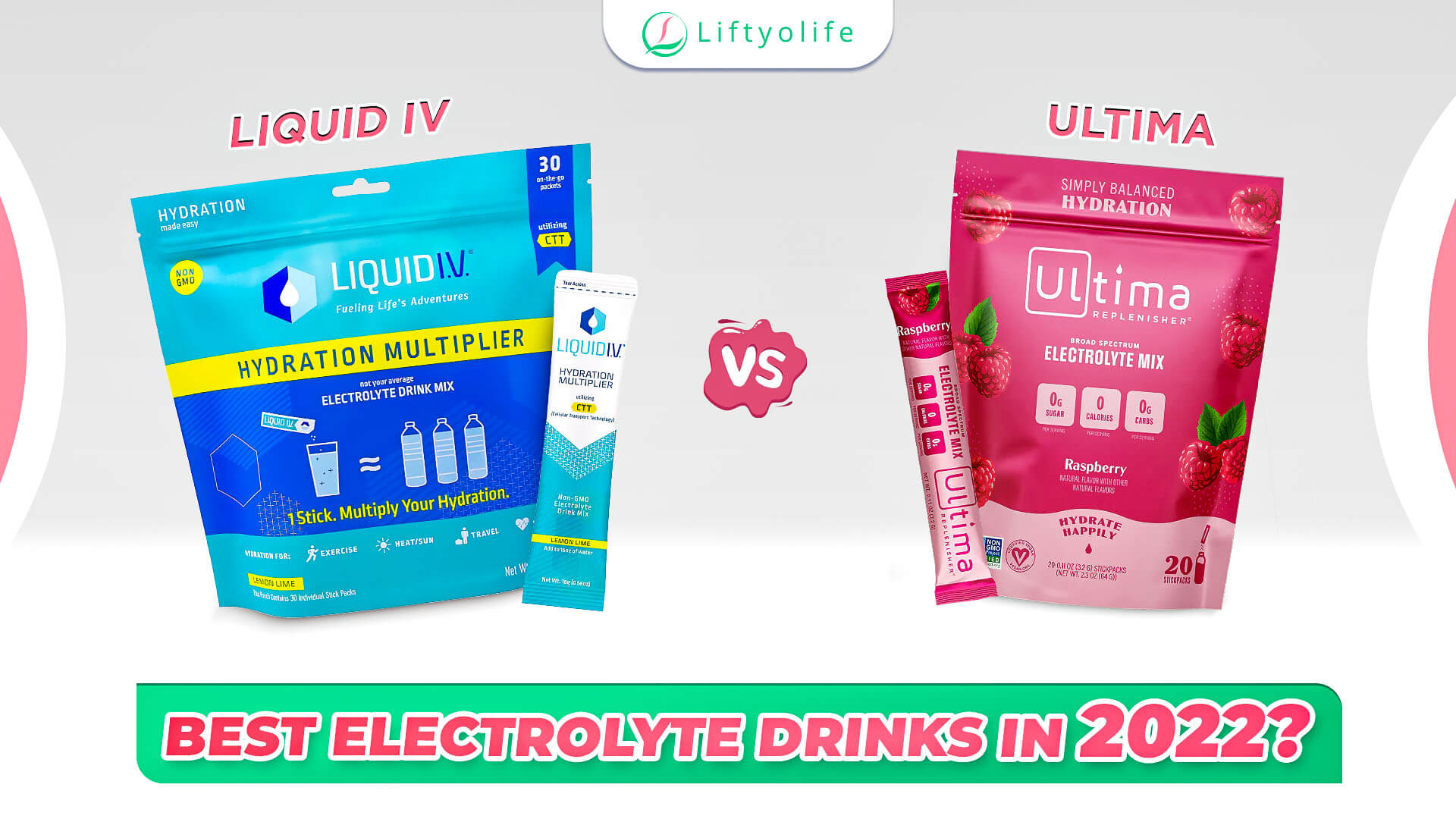Does Formula Cause Necrotizing Enterocolitis (NEC)?
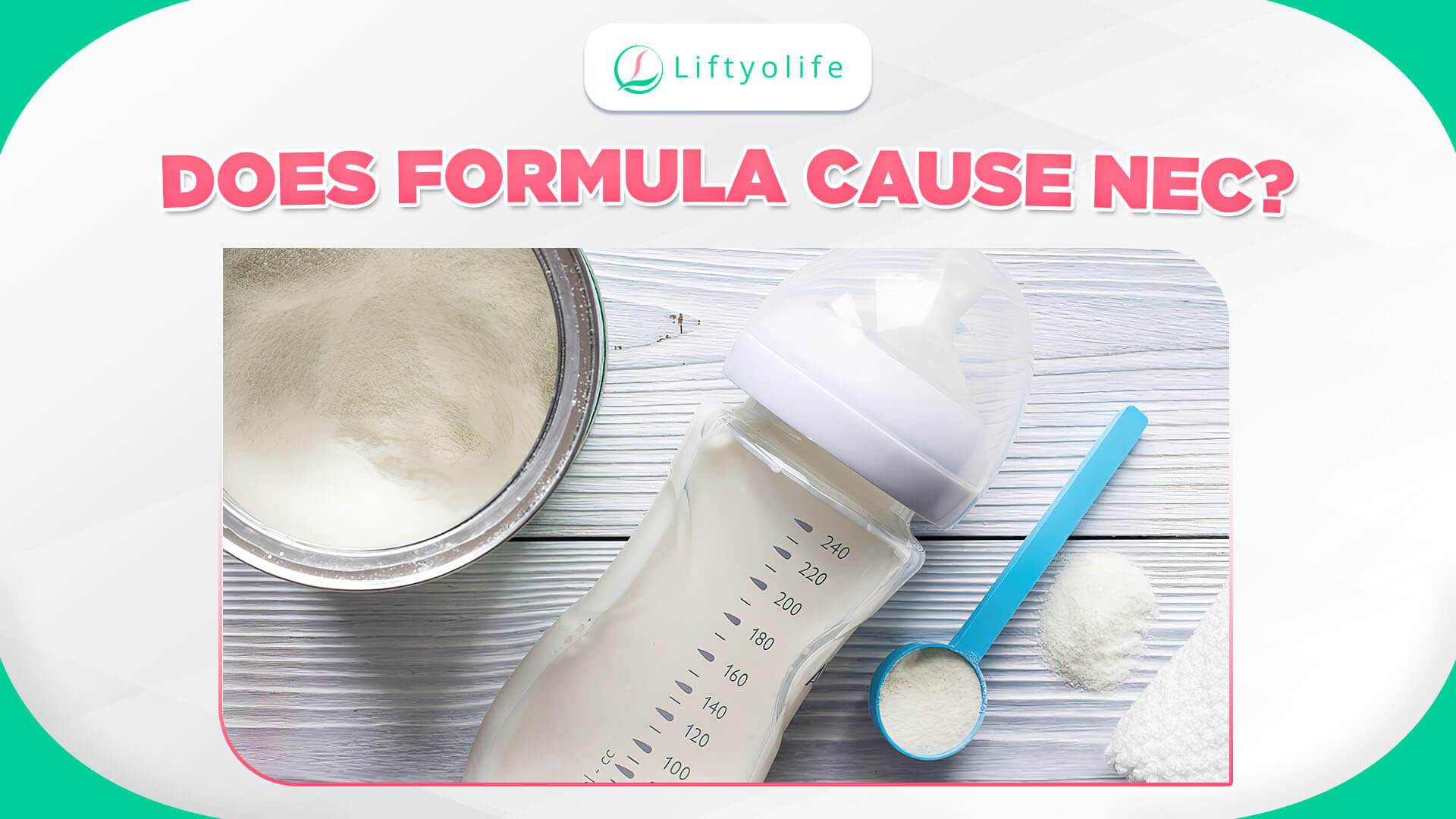
NEC (Necrotizing Enterocolitis) is an inflammatory disease of the intestines that can lead to death within a few days. Does formula cause NEC? In this post, Liftyolife (liftyolife.com) finds the answer to that question.
1. What Is Necrotizing Enterocolitis (NEC)?
NEC (Necrotizing Enterocolitis) is a serve disease that leads to intestinal tissue damage and death.
If the intestinal infection leads to a crack or gap, nasty germs can enter the baby’s bloodstream, causing more serious complications.
NEC is the universal cause of death in hospitalized preterm babies older than two weeks. NEC mainly affects infants born prematurely or with other complications like a heart defect.
2. NEC’s Symptoms
Symptoms of NEC may increase over a few days or happen suddenly. Here are some common signs and symptoms of NEC, as follows:
- An unstable or low body temperature.
- Your baby is unable to digest food.
- Diarrhea.
- Constipation.
- Vomiting yellow or green liquid (bile).
- Bloody or dark bowel movements/stool.
- Weak pulse (bradycardia).
- Low blood pressure (hypotension).
- Pauses in breathing (apnea).
- A distended (swollen), tender, or red belly.
- Decreased activity (lethargy).
- Trouble feeding.
If an infant suffers from the signs or symptoms of NEC, you need to contact your doctor as soon as possible. The treatment can start immediately after diagnosis and considerably lower the risk of complications, baby morbidity and mortality.
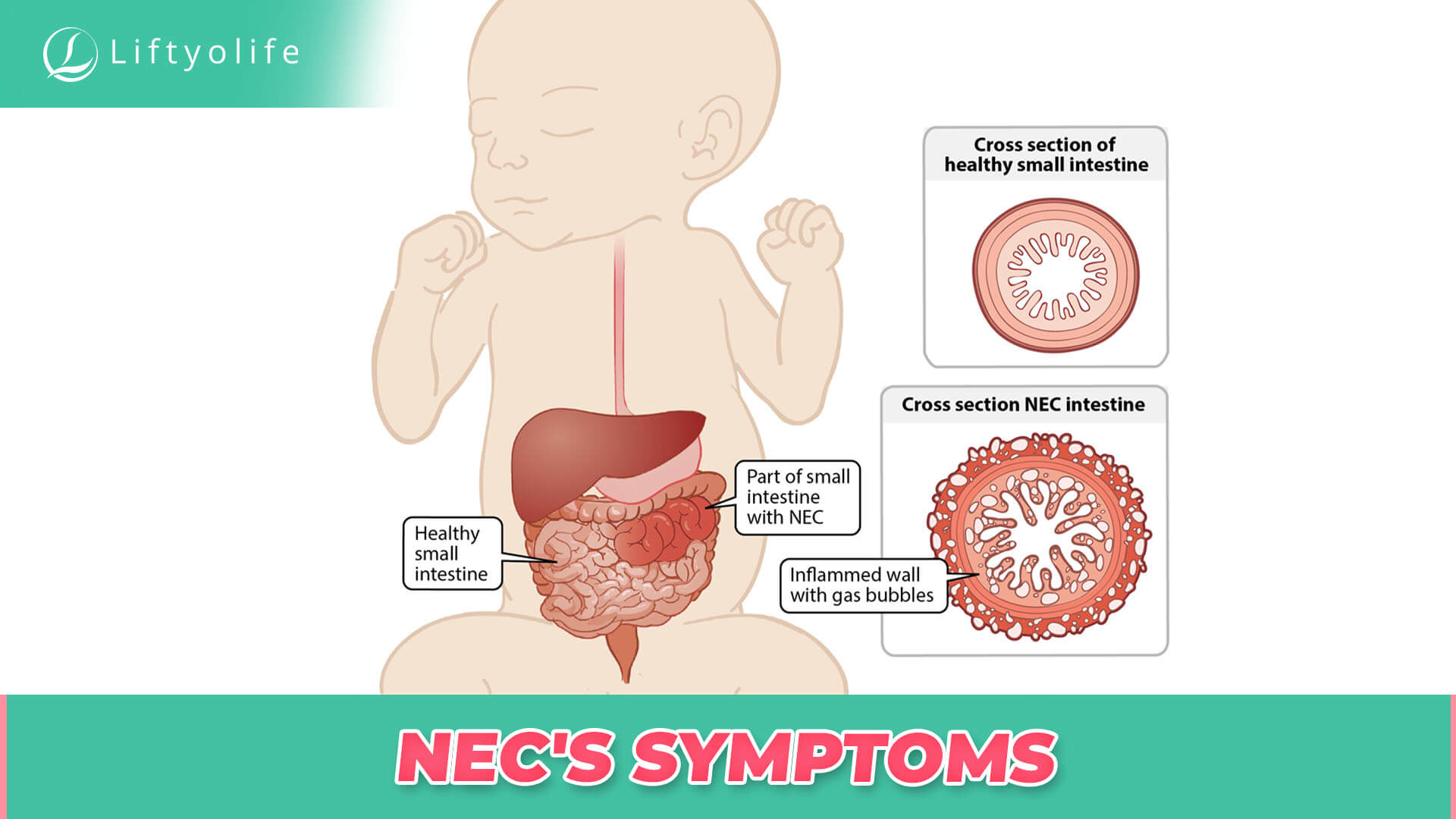
NEC’s Symptoms
3. Does Formula Cause NEC?
Yes, infant formula causes NEC. Necrotizing Enterocolitis is a bacterial disease that infects, inflames, harms and destroys the cells in parts or all of the intestines. It is uncommon, influencing only about one in 2,000 to 4,000 births. However, some studies have found it more popular in preterm babies fed infant formula.
In a 1990 study, for example, scientists discovered that NEC was 6 to 10 times more popular in exclusively formula-fed babies than in those fed breast milk alone and three times more popular than in those who got formula and breast milk.
In the year 2011, Johns Hopkins Medical Institutions discovered that extremely preterm infants fed human donor milk were less likely to increase NEC than those fed standard preterm babies derived from cow’s milk. Some other studies came to the same conclusion. They believe that preterm and more developed babies have intestines that can not protect themselves. Human milk has protection, minimizing inflammation and bacterial invasion; however, cow’s milk may stimulate the proliferation of damaging bacteria.
4. What Brand Is Mentioned In Baby Formula Lawsuits?
Cow milk-based baby formula related to NEC. Brands mentioned in infant formula lawsuits consist of Enfamil (produced by Mead Johnson) and Similac (produced by Abbott Laboratories).
The lawsuits claim that Mead Johnson and Abbott failed to warn parents about the developed risk of NEC. Moreover, they also failed to provide specific instructions or guidelines for using bovine-based formulas (like guidelines to avoid feeding the formula to preterm infants). They even refused to list NEC as a side effect.
5. What To Do If Your Child Has NEC?
Things you need to do when your baby has NEC depend on many factors, such as how premature your infant is, their medical history and health, and how far the infection has spread.
Afterward, your doctor may do these things, including:
- Step 1: Stop feeding babies.
- Step 2: The doctor inserts a tube through their nose and into the stomach to eliminate fluid and maintain their stomach empty.
- Step 3: The doctor starts IV fluids to maintain them hydrated and nourished.
- Step 4: The doctor gives antibiotics to attack the infection.
- Step 5: Babies take frequent X-rays to manage the condition.
- Step 6: The doctor supplies a breathing machine or extra oxygen if babies’ belly is too swollen to breathe on their own.
- Step 7: The doctor keeps them away from other infants to stop the spread of NEC.
- Step 8: Once the infection is gone (generally in 5 to 7 days), your infant can begin feeding again by mouth.
They need surgery if they do not get well with treatment or have a hole in their intestine. This relates to eliminating dead tissue and parts of the intestine that have ruptured or are going to rupture. In many severe cases, babies who have surgery need to have their bowel or intestine connected to an opening in the abdomen, namely an “ostomy.”

My Injury Claim Center
My Injury Center Claim program helps parents with NEC or NICU babies get financial support. If you are eligible, don’t hesitate to get your free consultation!
Does formula cause NEC? The answer is yes. Some studies found that infants fed baby formula is at higher risk of NEC than those who receive formula and breast milk. If your infants suffer from NEC symptoms, such as diarrhea, weak pulse, constipation, etc., you need to contact your doctor immediately. Liftyolife (liftyolife.com) hopes this blog provides the helpful information you are looking for.
